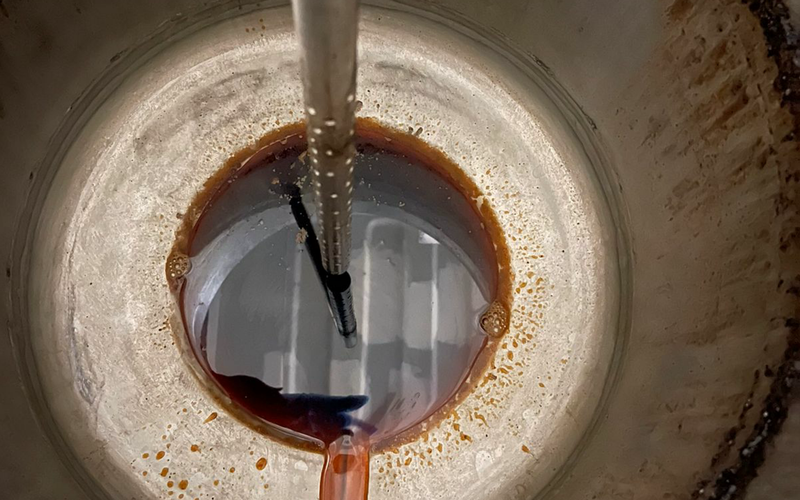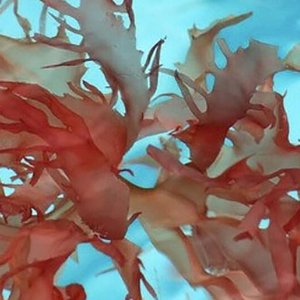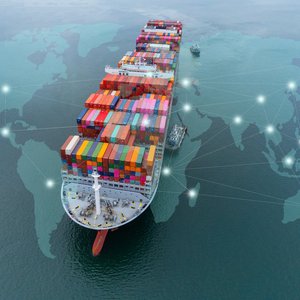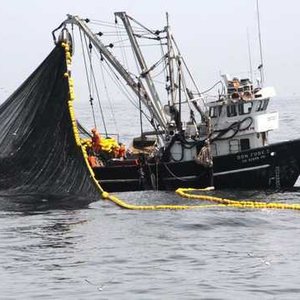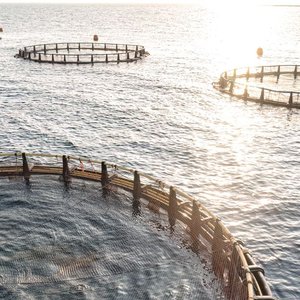Chilean company Tharos developed the world’s first entirely on-board and solvent-free krill oil extraction technology through a cost-effective and cleaner process primarily targeting human-grade end products, such as oils. The process is also applied to marine-based byproducts and the extracted oils can be used in the feed and food industries.
What makes this process unique?
Tharos’ patented process delivers solvent-free extracted marine-based oils with no chemicals or any other external compounds used in the extraction process. It is a clean physical-mechanical method that can be applied to extract oils from krill and fish byproducts. For krill, the oil is entirely extracted at sea from fresh raw krill, significantly reducing costs, avoiding phospholipids decomposition, oxidation and/or lipids deterioration. For fresh marine waste, the oil is freshly extracted after the normal filleting process ends.
Krill and marine waste oils are obtained in just a few hours – in less than two and five hours, respectively. “All current krill oil producers obtain their oil in up to six months after krill meal – which is today’s main ingredient used to extract krill oil – was processed at sea, taken to land and run the extraction using solvents,” said Dimitri Sclabos, managing director of Tharos.
“With our process, there is an 80% cut in energy consumption thanks to the trimming of the amount of transit time of the raw material (dried krill meal in this case) that follows from the fishing ground (South Antarctic) to transit ports, from there to its final destination where the solvent-extraction plant is located, mostly in the US and China,” Sclabos explained.
Solvents, such as ethanol, are completely banned from any sea fishing commercial operation since it is a flammable substance. Solvents used onboard fishing trawlers are regulated by maritime regulations that vary depending on the country of origin (the flag of the vessel) and the governing bodies responsible for regulating fishing activities. All this makes it difficult to fishing trawlers to use solvents on board and process krill at sea, other than used in laboratory analytics tests.
Tharos technology can work at sea extracting valuable oils from fresh raw material preserving the original composition of the raw material at a very low cost. In krill, a solvent-free operation allows running the oil extraction directly where the fishing operation takes place, onboard the fishing trawler.
“Benefits include a reduction of krill oil extraction costs by up to 80% while avoiding solvent use and management. CO2 emissions are also cut by 80% compared to standard oil extractions – 3.5-ton CO2 per ton of krill oil vs. 16.62-ton CO2 per ton of krill oil,” Sclabos explained. “Cutting entirely solvents and making the oil final at origin, there is no need for intermediate packaging. Bags and carton boxes are cut by 100%, packaging waste is trimmed by 80%, positively impacting the amount of trash the operation generates.”
The process makes the primary composition of the extracted oils different from standard processes in terms of viscosity, heavy metals and freshness parameters, as well as how well it preserves raw material natural compounds. The content of omega-3s in Tharos’ krill oil is circa 22% EPA+DHA.
The extraction within hours, together with the lack of solvents, allows an oxidation-free marine oil. “We also use natural antioxidants to stabilize the oil which is added immediately after production and nitrogen is added in the different stages of the process, and during packaging,” Sclabos explained. “We use custom-designed natural antioxidants, such as tocopherols, that help maintain the purity and support shelf-life above two years when the oil is stored at the recommended conditions.”
“One of the most critical positive aspects of processing oils close to the raw material origin is that its cost structure allows to sort out price-stressed-out markets. Krill oil's declining price curve exemplifies the importance to have cost-efficient processes able to navigate sometimes dreadful market conditions. Our technology not only affords stressed markets but also allows the final product to enter a wider number of categories,” Sclabos stated.
“In a highly competitive price environment, sourcing high-quality and low-cost marine oils are a boon on food and feed applications. Nowadays, with pelagic fish oil prices skyrocketing, krill oils become a nice alternative ingredient,” Sclabos said.
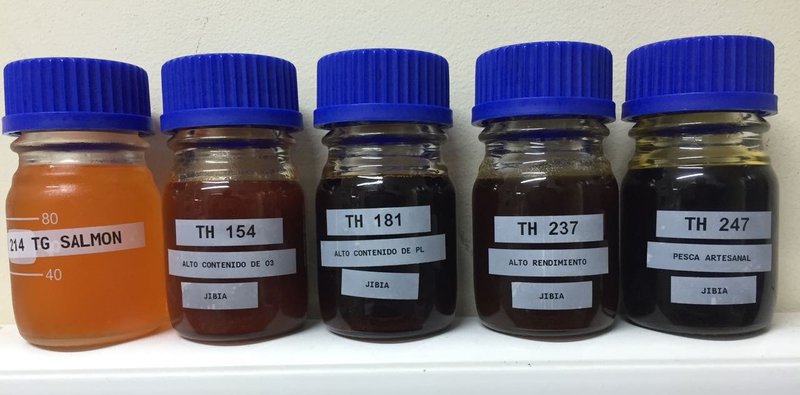
New applications in fisheries waste
“With over 30 years in the krill industry, we added to our working portfolio processing marine waste, opening a whole new category of specially processed marine waste using our technology to get human-grade oils at a small fraction of the current cost at a comparative quality and unmatchable quality and freshness,” Sclabos explained.
Tharos has recently been working on a project funded by Chilean CORFO-INNOVA to perform a pilot trial on marine residues from giant squid (Dosidicus gigas). Also known as Humboldt squid, it is an abundant species in Southern Pacific waters (FAO 87) primarily used for its white meat highly demanded in Asian markets.
“Since its primarily an artisanal fishery industry, the limited storage capacity has forced many fishing boats to eviscerate at sea, throwing away valuable viscera. By 2021 THAROS’ research, an estimated USD 300 million of lost value could be recovered if they are converted to oils (food and feed-grade) as well as dry meals (feed applications),” Sclabos stated.
The company obtained an oil extraction yield improvement from standard 1% (w/w fresh/oil) to 13% using its patented technology. The oil quality was also enhanced with phospholipids, as no other squid oil can claim, Sclabos said, and reduced its normal content in cadmium.
The company is also working on concentrating krill and marine oils following the same solvent-free working principle. The company has been able to reach a total polar lipid composition of up to 65%, total astaxanthin of up to 1,000 mg/kg and total omega-3 of up to 40%, compared to 50%, 400 and 30% of the average market values, respectively.


